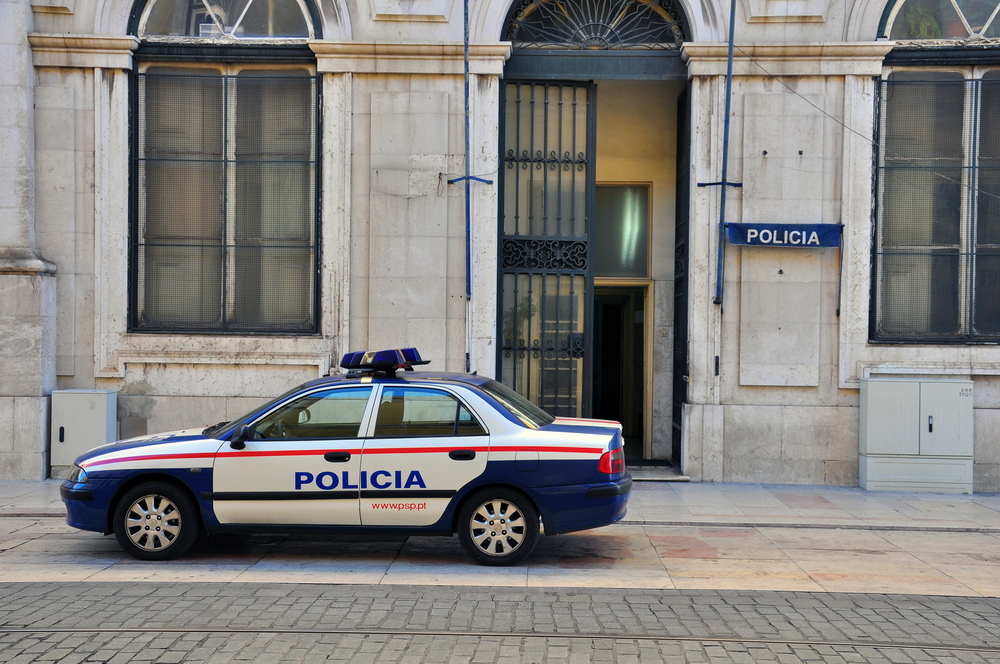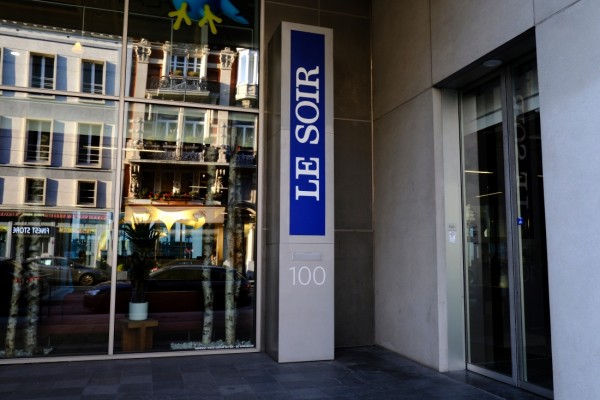The International Press Institute (IPI) today expressed serious concerns over a two-month long police surveillance operation carried out against two Portuguese journalists aimed at revealing their confidential sources. The operation was carried out without the authorization of a judge.
IPI, a global network of editors, media executives and leading journalists for press freedom, said the surveillance was an unprecedented violation of the confidentiality of journalists’ sources which would have chilling implications for press freedom in Portugal.
On 13 January 2021, Portuguese media revealed that two journalists were secretly monitored between April and May 2018 by the surveillance department of the Polícia de Segurança Pública (PSP).
The surveillance programme was ordered by Lisbon public prosecutor Andrea Marques as part of a wider investigation into high-level leaks related to the “electronic mole” scandal involving Benfica football club.
Those surveilled were Carlos Rodrigues Lima from weekly news magazine Sábado and Henrique Machado, former journalist at Correio da Manhã currently at TVI. Police followed and photographed the journalists for two months and accessed the bank records of Mr. Lima.
Police also accessed the private SMS communications of Lima and Machado, as well as Silvia Caneco, a journalist of news magazine Visão, and Isabel Horta of Portuguese television network Sociedade Independente de Comunicação.
On January 14, daily newspaper Sabado revealed that Marques also attempted to have police identify the sources of two journalists from the Portuguese public broadcaster Rádio e Televisão de Portugal (RTP).
“The monitoring of private communications and bank data from journalists is unprecedented and represents a gross violation of journalists’ rights to source confidentiality and professional secrecy, which are protected under both the Portuguese Constitution and international law”, IPI Deputy Director Scott Griffen said.
“The complete lack of judicial oversight on such a serious breach of journalists’ rights and press freedom is extremely concerning and demands an immediate response from Portuguese officials. A transparent investigation must be opened to assess whether these surveillance measures broke the law and how this surveillance of journalists by a government agency was allowed to take place.”
In unprecedented attack on #pressfreedom and source protection, it has been revealed that four journalists in #Portugal were placed under police surveillance at the request of Lisbon public prosecutor, without authorisation of a judge. @Visao_pt @cmjornalhttps://t.co/dwuFW0uSze
— IPI – The Global Network for Press Freedom (@globalfreemedia) January 13, 2021
The surveillance by PSP was ordered by Andrea Marques of the Department of Investigation and Penal Action (DIAP) of Lisbon in an effect to find out the journalists’ contacts in the court system. In a statement acknowledgeding the police surveillance, the DIAP said it did not requite the authorization of a judge. It stressed the “all due diligence was duly considered and carried out”.
Action was taken by PSP without a warrant from an investigating judge. Under Portuguese law, only a higher court can permit the breach of a journalist’s source confidentiality. The Portuguese Union of Journalists requested urgent clarifications on the matter from the attorney general.
DIAP said the surveillance was carried out as part of an investigation into a high-level leak in 2018 which saw journalists receive and publish information about a search and detention operation by police. Two of the journalists, Carlos Rodrigues Lima and Henrique Machado, were later called as defendants in the case in November 2020 and January 2021, respectively.
Each of the four journalists monitored had authored a report on the information at the time. The DIAP said the action was justified as it was suspected that journalists involved had “maintained close and regular contact with police agents or from the universe of the courts”.
“For this reason, it was understood that it was of extreme probative relevance to understand with whom they related and what type of contacts they established with ‘sources of the process’, in order to try to identify the authors of the leaks, also agents of the practice of crimes”, it said.
Some of the journalists have expressed their intention to file a lawsuit for abuse of power by the Public Ministry. The head of Portugal’s Bar Association, Luis Menezes Leitao,said spying on the journalists was “extremely worrying”.
This statement by IPI is part of the Media Freedom Rapid Response (MFRR), a Europe-wide mechanism which tracks, monitors and responds to violations of press and media freedom in EU Member States and Candidate Countries.




